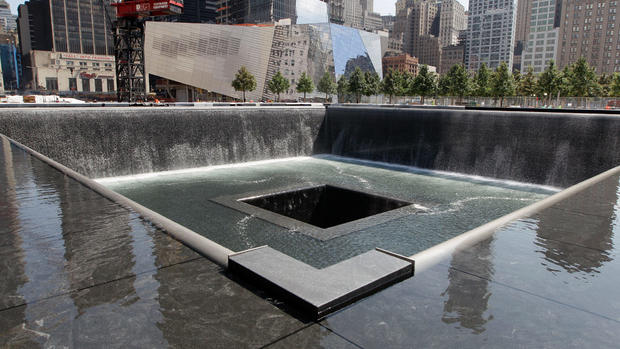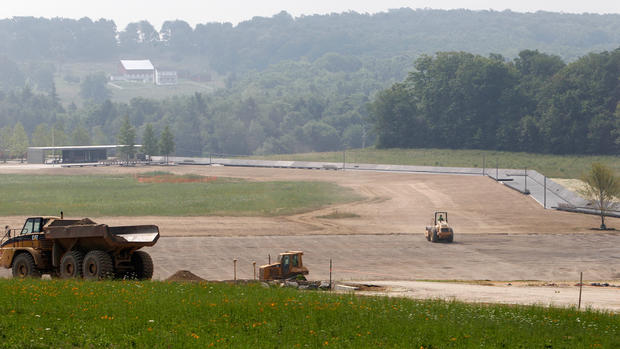Emergency radio woes persist 10 years after 9/11
WASHINGTON - Amid the chaos of the Sept. 11 attacks in 2001, emergency responders found they could not communicate with each other. That problem persists 10 years later, according to a review of the 9/11 Commission's recommendations.
A National Preparedness Group report released Wednesday concludes that the recommendation that a nationwide broadband network for emergency responders be created "continues to languish."
9/11 anniversary sparks rise in security
Rare ground zero video shows subterranean search
Bush reflects on 9/11: A "turning point" in U.S.
"Despite the lives at stake, the recommendation to improve radio interoperability for first responders has stalled because of a political fight over whether to allocate 10 MHz of radio spectrum ... directly to public safety for a nationwide network, or auction it off to a commercial wireless bidder who would then be required to provide priority access on its network dedicated to public safety during emergencies," says the report, whose authors include 9/11 Commission chairmen Lee Hamilton and Thomas Kean.
Law enforcement and emergency responders around the country have long supported the creation of the communication network. In January, President Obama announced his support for allocating the radio space, known as the D-block spectrum, to police and other emergency workers.
Bills that would set aside the D-block and create a communications network have been introduced in both the House and the Senate this year but so far have not been passed in either chamber.
Several big wireless carriers have supported auctioning off the airwaves to the wireless industry, a move that the government has estimated would raise about $3.1 billion. That could help pay to build a public safety communications network.
The Federal Communications Commission has tried to auction off the D Block before. But that 2008 auction required that the winning bidder help build a network to be shared by first responders and give them priority in an emergency. It did not attract any serious bidders.
The National Preparedness Group report said statewide communications interoperability plans and the creation of a national emergency communications plan have improved emergency coordination across different jurisdictions. But more work needs to be done and the ultimate solution, the report said, is to follow the 9/11 Commission's recommendation and create a nationwide communications network.



